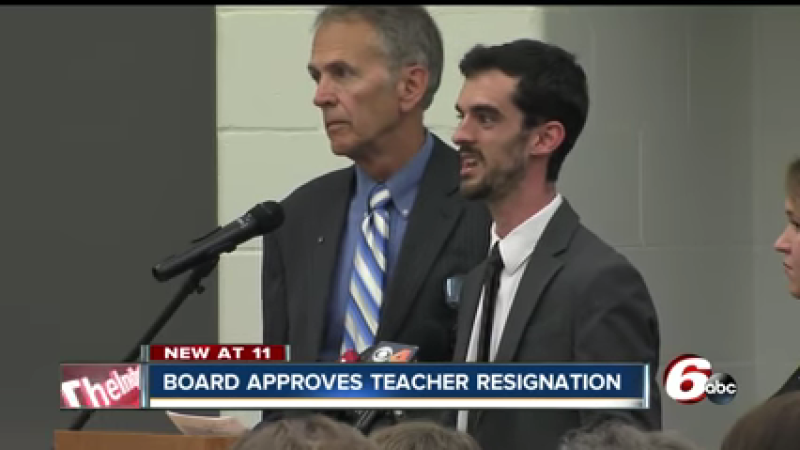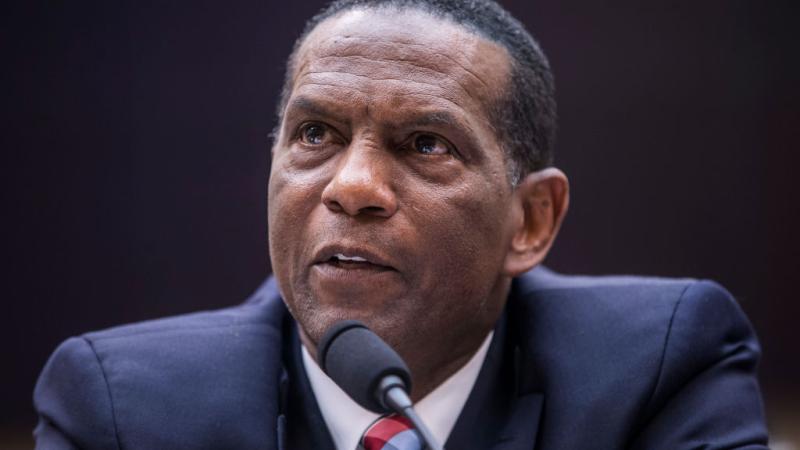Law journal bans 'hurtful' questioning of systemic racism, prompting exodus of contributors
"Emory is a great law school, and this will create a scandal that will discredit you and your journal," one departing contributor warned.
Emory University's student-led law review is facing a revolt by contributors for demanding that one drop "insensitive language" from a "hurtful and unnecessarily divisive" critique of the concept of systemic racism.
Two contributors confirmed to Just the News they withdrew their essays from a forthcoming "festschrift" issue honoring the work of Emory's Michael Perry, in protest of Emory Law Journal's attempt to censor an essay by the University of San Diego's Larry Alexander.
Alexander told Just the News that he, USD's Steve Smith and Northwestern's Andrew Koppelman are now publishing their essays in the Journal of Contemporary Legal Issues, which he edits.
"So the good news is that Perry gets two festschrifts instead of one," Koppelman wrote in an email. "The bad news is that the Emory Law Journal has engaged in shameful censorship," but he's confident a future editorial board will have "a better comprehension of their responsibilities."
Two more contributors have promised to withdraw unless the journal lets them "include a blurb in front of their essays that protests the decision not to publish Larry," Alexander's USD colleague Gail Heriot wrote for the legal blog Volokh Conspiracy.
They haven't given her permission to divulge their names, Heriot told Just the News in an email, but "one is from the Naval Academy and one is from Yale (emeritus)."
Student-run law journals have undergone the same woke shifts as other student media. Those at Harvard and New York University were sued in 2018 on allegations of discriminating by race and sex, both in the composition of their membership and whose articles they accepted.
The Emory Law Journal invited him to contribute because he's a "long-time professional friend" of Perry's, Alexander said. He received a "standard law review communication [that] didn't mention content censorship."
Alexander chose to write a critical essay on Perry's "disparate racial impact" theory from early in his career, and the editors gave him "several suggestions that I was told I could take or ignore."
He ignored those requiring substantial revisions to the third and final section, which scrutinized the evidence and proposed remedies for "systemic racism," then learned the edits were not optional.
Cornell law professor William Jacobson published some of the email exchanges between the journal and Alexander on his blog Legal Insurrection.
The editorial board "unanimously stated they do not feel comfortable publishing this piece as written," editor-in-chief Danielle Kerker Goldstein wrote to Alexander, and it must be "greatly revised" to be published.
He must not only remove the third section but also add more on "the merits" of Perry's work to the first two sections, she wrote. Also on the chopping block: Alexander's "objectifying term[s] 'blacks' and 'the blacks' ... the discussions on criminality and heredity" and "the uncited statement that thankfully racism is not an issue today."
Alexander flatly refused. "I cannot believe the censorious tone you are taking towards an invited symposium participant," he wrote. "You don't have to agree with what I've written, but what I've written I stand behind."
This was an unprecedented demand from a law journal in his experience, Alexander told Just the News. He's taught at USD for more than 50 years, half of that with "distinguished" status.
Goldstein and Shawn Ren, executive articles editor, didn't respond to Just the News queries seeking an explanation of its editing process, whether it has rejected invited essays for similar reasons it gave Alexander, and how the essay withdrawals could affect the Perry festschrift.
They didn't answer two requests to share the full email exchange, which Alexander said is "out there" in full but didn't provide it.
Smith told Just the News the journal editors did a "pretty light edit" on his essay, "Michael Perry, Dark Prophet of Progressive Collapse," and had no "substantive objections."
The essay challenged Perry's early argument that the courts should expand human rights through a "noninterpretive" approach to the Constitution, using a "religious" and "prophetic" framework.
While he also has "questions or objections to parts" of Alexander's essay, "especially in these contentious times, a commitment to free speech is especially vital," according to Smith's email to the journal editors, published by Legal Insurrection. "[C]onversely, the kind of censorship you are practicing is especially objectionable and unfortunate."
Koppelman's essay for the journal scrutinizes the "controversial and undefended value choices" in Perry's "lifelong" human rights project: "What he offers is less a philosophical account than a set of articles of faith."
He told Just the News he doesn't agree with "Larry’s description of the world," which traces black poverty primarily to "cultural factors that have produced family disintegration, which in turn have produced poor educational achievement and crime."
But the USD professor "offers evidence for it, and it is a matter of some moral urgency to know whether he is right," Koppelman said. The journal editors didn't specify what was false or below scholarly standards, which suggests they oppose scholarly work that "describe[s] true states of affairs" if it's hurtful or unnecessarily divisive. This view is "increasingly common, and it handicaps us in addressing the genuine problems of racial inequality."
He also accused the editors of mischaracterizing Alexander's discussion on racism as "not strongly connected" to the Perry analysis.
Koppelman made similar points in his email to the journal editors, which he shared. The three contributors are ready to find another publisher, he warned. "But I hate to do that," he said. "Emory is a great law school, and this will create a scandal that will discredit you and your journal."
Perry, the subject of the special issue, didn't answer queries about how he would rate the law journal's editing process, and whether the festschrift should be published in light of the withdrawals and the revision demands to Alexander.
Susan Clark, associate dean for marketing and communication, provided a statement on behalf of Emory Law to Just the News.
Submissions to Festschrift issues don't go through the same article selection process as others, and the requested edits to Alexander were relevant "to the piece’s topic, relevance, and scholarly merit," the statement reads. Alexander also left out "citations that any law journal would require to support some of the author’s assertions."
"The editorial board’s requested changes were not intended to censor the author, but rather to ask that the author address concerns regarding the degree to which the submission met the quality and sourcing standards of the Journal and properly focused on the impact of Professor Perry’s scholarship," the statement continues.
The student editors were just carrying out "their responsibilities to ensure the high quality of the work published in the Journal in a professional manner." Despite the pulled articles, the Perry issue will go forward "later this year" with "nearly a dozen globally renowned scholars" contributing essays.
















